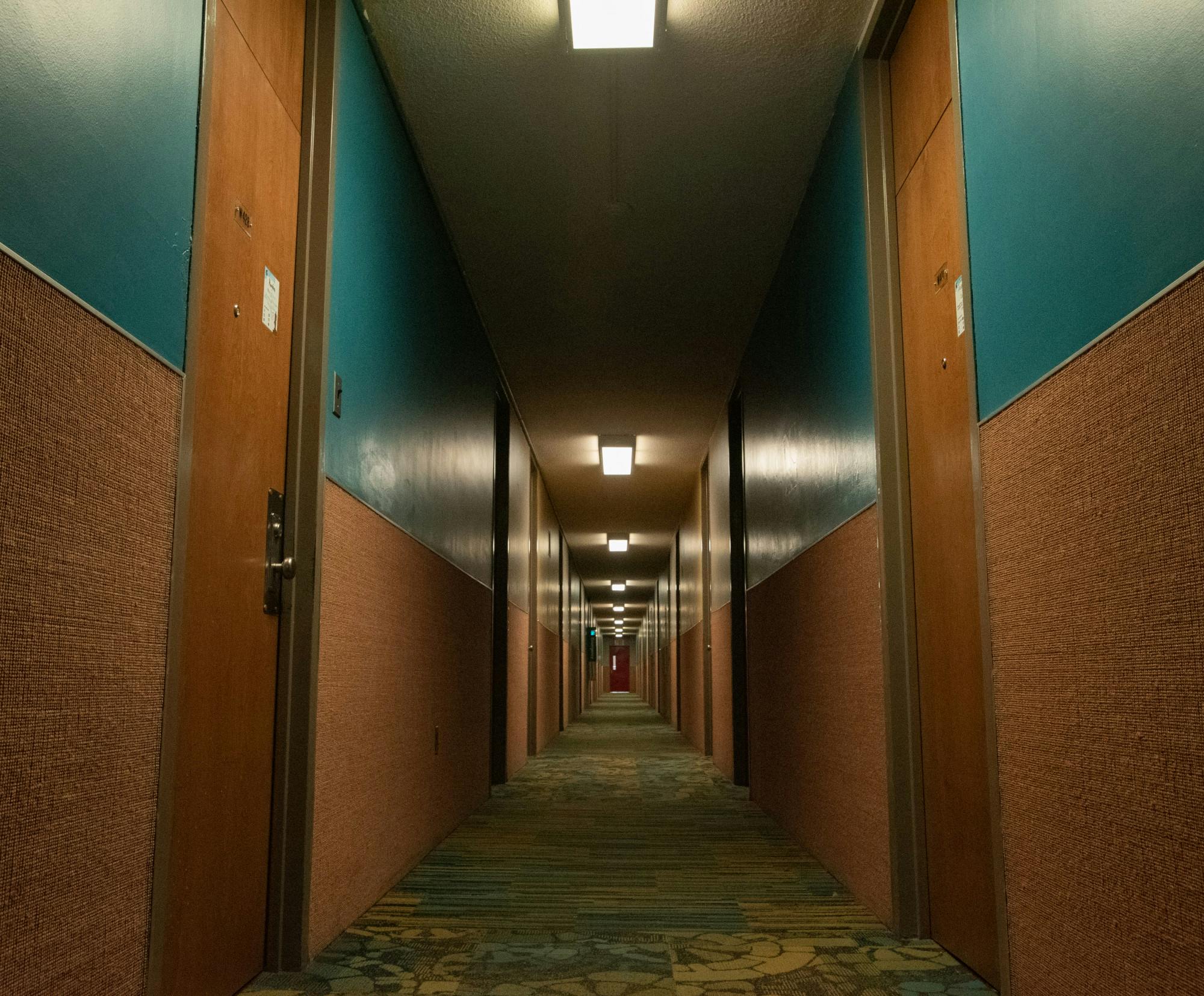Michigan State recently informed incoming students that the university's live-on requirement has changed from a one-year requirement to a two-year requirement.
Michigan State's undergraduate services put this rule in place with the intention to raise the graduation rate among future classes and advance students' overall success.
This decision has brought about various reactions from students and parents whom this change will affect.
"I am not too happy with this ... because I think that a big part of college is having responsibilities and freedoms, and I feel that taking away the right to live off of campus sophomore year is taking away one of the major freedoms of going to college," incoming finance freshman Spencer Rajewski said. "If State wants to make a more inclusive culture, they should be able to give their students choices and they should not be forcing an inclusive culture that requires students to live on campus."
Another component is the financial aspect of this requirement. Numerous students feel it is not fair to have to pay for room and board two years in a row.
"Cost is the main factor that is really difficult for me because the tuition is approximately $15,000, but on top of that you have to pay $10,000 for housing, and while one year is fine, doing it for two years is quite difficult," incoming computer science freshman Harshita Rathod said.
Rathod also said that students that have to pay for college without their parent's help are put at a disadvantage because of this new policy.
Many students and faculty at Michigan State are unaware that this requirement has been in place previously but has been waived since the 1980s. After thorough research and analysis of current students, the university had decided to lift this waiver with the intention to increase students' success.
"The reason that we decided to do that is because it's part of our broader effort to promote student success on campus,” Associate Provost for Undergraduate Education and Dean of Undergraduate Studies Mark Largent said. “All of the analysis that we did, all of our peers who have similar kinds of goals, improving student success, we've all come to the conclusion that on-campus living is a really important part of advancing student success."
Furthermore, most universities are unable to require two years of on-campus living due to a lack of housing. At Michigan State, there is enough room for students to reside on campus for their first two years of undergrad. This includes living in both residence halls and university apartments.
While the current global pandemic and this decision are not related, it has given the university the chance to rebuild structures on campus. Michigan State has been considering the two-year requirement for about 10 years now.
Another concern is how this requirement will affect off-campus living that depends on sophomore students to sign leases. This includes Greek life, cooperative housing and other areas of communal living.
"Most of the communal living in the area is the residence halls, but Greek life, and communal living like Newman house and other co-ops, those are also really good sources of student success," Largent said. "What we intend to do is to create a method by which Greeks and other communal living off-campus housing can fulfill the sophomore year live-on requirements by being certified to fulfill them. And so they would have to meet certain health and safety requirements. They also have to meet certain student success requirements, but as the students who live in those places are academically successful, and that they're safe and healthy and if they meet those requirements, they can be certified to fulfill the sophomore year live-on."
There are a few different waivers that incoming students can apply for. This includes permanent residence within 40 miles of campus, students who have a dependent, married students and those who have served in the military for at least one year, according to an MSUToday article.
"I think this is a really positive step forward in making sure that students are safe, that they have an equitable opportunity to a really high-quality education and high-quality student experience and that it really aligns very well with undergraduate students success, which is, that's the thing that's most important for me," Largent said.
This article is part of our Spring Housing Guide issue. Read the full issue here.
Support student media!
Please consider donating to The State News and help fund the future of journalism.
Discussion
Share and discuss “Reactions to MSU's 2-year live on requirement ” on social media.







